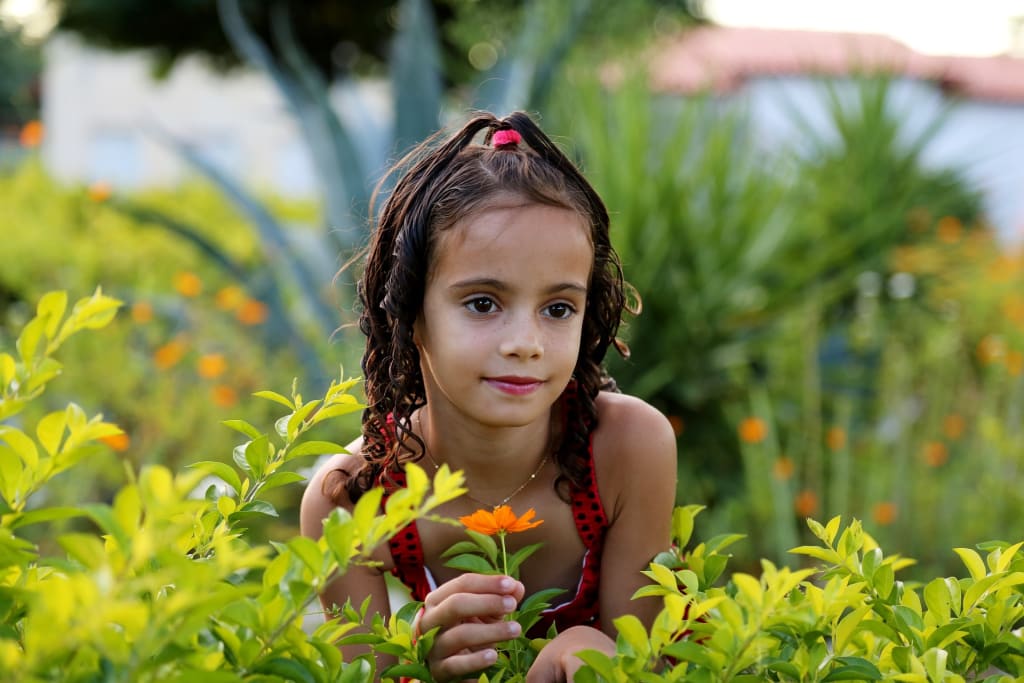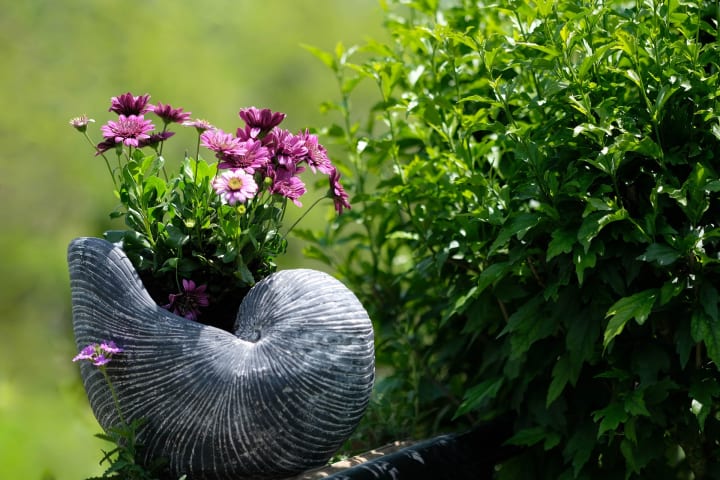
Introduction
Welcome to our captivating guide on Children's Gardens, where we explore the magical world of medicinal plants and how they can spark curiosity and engage young minds with nature. In this article, we will discuss the immense benefits of introducing children to gardening and the wonders of medicinal plants. By fostering a love for nature and herbal remedies at a young age, we can inspire the next generation to appreciate the healing power of plants and embrace sustainable practices.
The Importance of Children's Gardens
Connecting with Nature:
Children's Gardens provide an opportunity for kids to connect with the natural world. As they plant, nurture, and observe plants' growth, they develop a deeper appreciation for the environment and the cycles of life.
Hands-On Learning:
Gardening offers a hands-on and immersive learning experience for children. It enhances their understanding of biology, botany, and ecology in a practical and enjoyable way.
Encouraging Healthy Habits:
Engaging in gardening promotes physical activity and time spent outdoors, contributing to overall health and well-being.
Exploring Medicinal Plants in Children's Gardens
Safe and Non-Toxic Plants:
Children's Gardens can include a selection of safe and non-toxic medicinal plants, such as aloe vera for skin care, chamomile for relaxation, and peppermint for soothing upset stomachs.
Teaching Self-Care:
Introducing kids to medicinal plants helps them understand the concept of self-care and taking responsibility for their health in a natural and nurturing way.
Top Medicinal Plants for Children's Gardens
Lavender (Lavandula angustifolia):
Lavender's pleasant fragrance and calming properties make it an excellent addition to children's gardens. It can be used in soothing baths or to create fragrant sachets.
Chamomile (Matricaria chamomilla):
Chamomile's gentle nature and relaxing effects make it suitable for children's gardens. It can be used in herbal teas to promote relaxation and aid in sleep.
Calendula (Calendula officinalis):
Calendula's vibrant orange flowers and skin-soothing properties make it a delightful addition to any children's garden. It can be used in balms for minor skin irritations.
Lemon Balm (Melissa officinalis):
Lemon balm's lemony scent and calming effects make it appealing to children. It can be used in teas or as a fresh herbal rub for relaxation.
Peppermint (Mentha piperita):
Peppermint's refreshing taste and ability to ease stomach discomfort make it suitable for children's gardens. It can be used in teas or as a flavoring for water.
Click here to start your journey to natural health.

Creating a Children's Medicinal Garden
Choose Child-Friendly Plants:
Opt for plants that are safe and non-toxic, with pleasant aromas and appealing textures. Involve children in the selection process to foster a sense of ownership.
Design a Sensory Garden:
Create a garden that engages all the senses—sight, smell, touch, taste, and even sound. Incorporate plants with different textures and scents to stimulate curiosity.
Provide Child-Sized Tools:
Make gardening accessible to children by providing them with child-sized tools. This encourages independence and a sense of responsibility.
Encourage Exploration and Observation:
Allow children to explore the garden freely and observe the plants' growth and changes. Use the garden as an opportunity for open-ended learning and discovery.
Fun and Educational Activities in the Children's Garden
Herbal Tea Party:
Host a pretend herbal tea party where children can harvest and brew their herbal teas. Encourage them to use their imagination and share their unique herbal concoctions.
Herbal Crafts:
Create simple herbal crafts, such as lavender sachets, dried flower arrangements, or pressed flower art. These activities can promote creativity and appreciation for nature.
Garden Journaling:
Provide children with a garden journal to record their observations, drawings, and thoughts about the plants. This fosters a connection with the garden and allows for reflection.
Nurturing a Lifelong Love for Nature
Lead by Example:
Show children your own love for gardening and nature. Let them see your enthusiasm for planting and caring for medicinal plants.
Encourage Gardening Projects:
Support children in taking on gardening projects of their own. Whether it's a small container garden or a section in the backyard, let them take the lead.
Celebrate Garden Successes:
Celebrate the accomplishments and successes of the children's garden. Praise their efforts and acknowledge the beauty they've created.
Conclusion
Children's Gardens offer a magical space for kids to explore, learn, and connect with the wonders of nature and medicinal plants. By introducing children to gardening and herbal remedies at an early age, we nurture a love for the environment and instill valuable life skills. These experiences create lasting memories and plant the seeds for a future generation of nature lovers and caretakers of the earth.






Comments
There are no comments for this story
Be the first to respond and start the conversation.